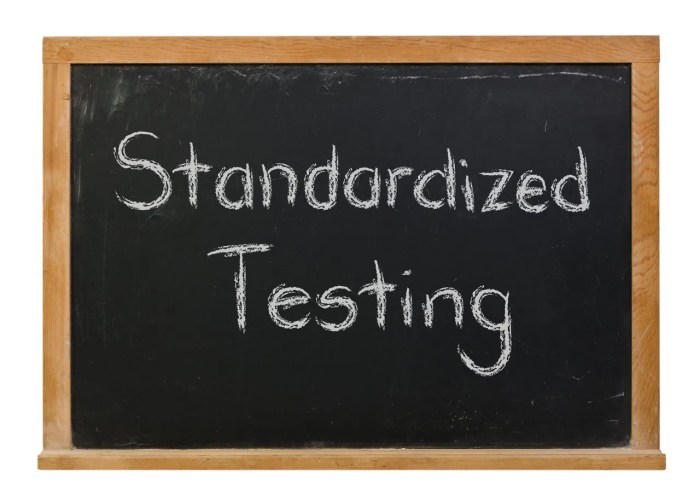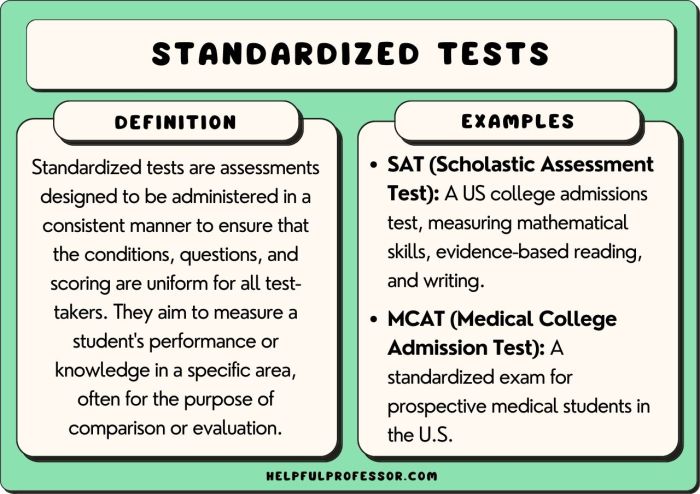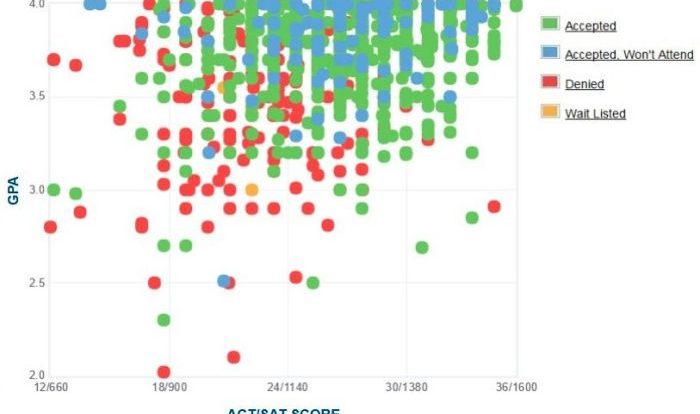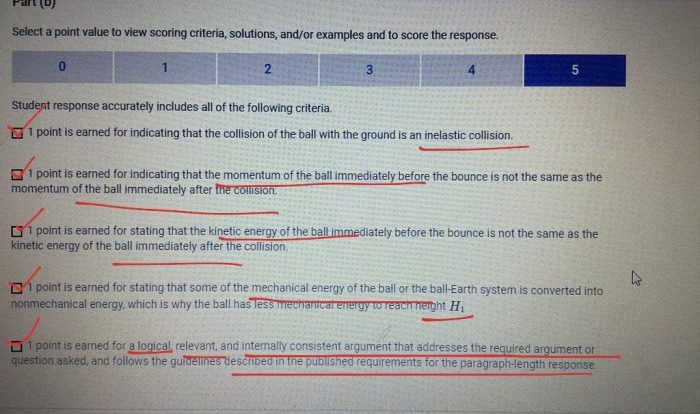RBTs are not allowed to administer standardized assessments, a restriction with significant ethical, legal, and practical implications. This prohibition stems from concerns about the accuracy and validity of assessments administered by individuals without the necessary training and qualifications.
Understanding the rationale behind this prohibition is crucial for ensuring the integrity of standardized assessments and the well-being of those they serve.
Ethical Considerations

RBTs not being allowed to administer standardized assessments raises ethical concerns. The lack of training and qualifications may lead to inaccurate and invalid assessments, potentially harming individuals being assessed. Moreover, it undermines the ethical principles of fairness, accuracy, and objectivity in assessment practices.
Legal Implications

Legal implications arise from the fact that standardized assessments are often used for important decisions, such as placement in educational or clinical programs. If RBTs administer these assessments without proper training, it could lead to legal challenges based on the accuracy and validity of the assessments.
Training and Qualifications
To administer standardized assessments, individuals must undergo specialized training and meet specific qualifications. This training includes knowledge of assessment principles, test administration procedures, and ethical considerations. Without this training, RBTs may not possess the necessary skills to conduct assessments effectively.
Alternative Assessment Methods
While standardized assessments are valuable tools, there are alternative assessment methods that RBTs can use. These methods may include observational assessments, interviews, and portfolio reviews. These alternative methods can provide valuable information about an individual’s skills and abilities, although they may not have the same level of standardization as standardized assessments.
Collaboration with Qualified Professionals

To ensure the accuracy and validity of assessments, RBTs should collaborate with qualified professionals, such as psychologists or licensed therapists. These professionals have the training and expertise to administer and interpret standardized assessments, ensuring that the results are reliable and meaningful.
Policy Implications: Rbts Are Not Allowed To Administer Standardized Assessments

The issue of RBTs not being allowed to administer standardized assessments requires clear guidelines and regulations. Educational and clinical settings should establish policies that Artikel the roles and responsibilities of RBTs in the assessment process. These policies should ensure that standardized assessments are administered by qualified professionals, while also allowing RBTs to contribute to the assessment process in a meaningful way.
FAQ Overview
Why are RBTs not allowed to administer standardized assessments?
RBTs lack the specialized training and qualifications required to ensure the accuracy and validity of standardized assessments.
What are the ethical implications of RBTs administering standardized assessments?
RBTs administering standardized assessments raises concerns about the accuracy and fairness of the assessment process, potentially leading to biased or inaccurate results.
What are the legal implications of RBTs administering standardized assessments?
In some jurisdictions, RBTs administering standardized assessments may violate laws and regulations governing the administration of these assessments.
What alternative assessment methods can RBTs use?
RBTs can use alternative assessment methods such as observational assessments, progress monitoring, and functional analysis to gather information about individuals’ skills and behaviors.
How can RBTs collaborate with qualified professionals in the assessment process?
RBTs can collaborate with qualified professionals by providing information about the individual’s behavior, assisting with data collection, and implementing interventions based on the assessment results.


